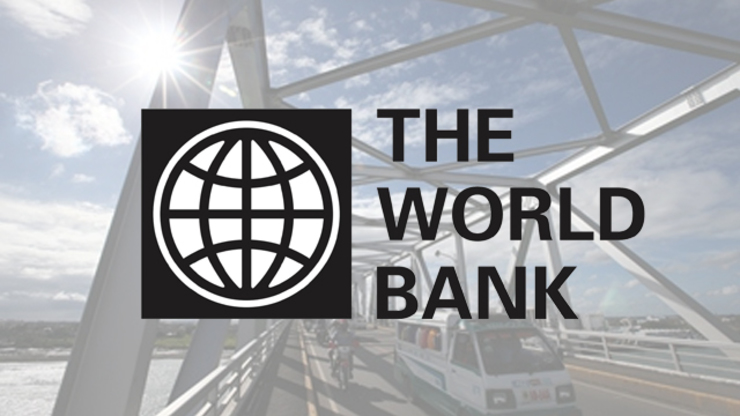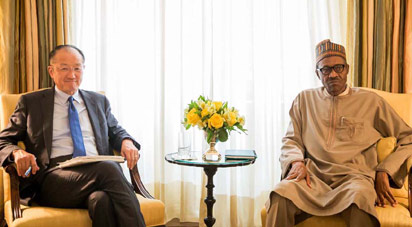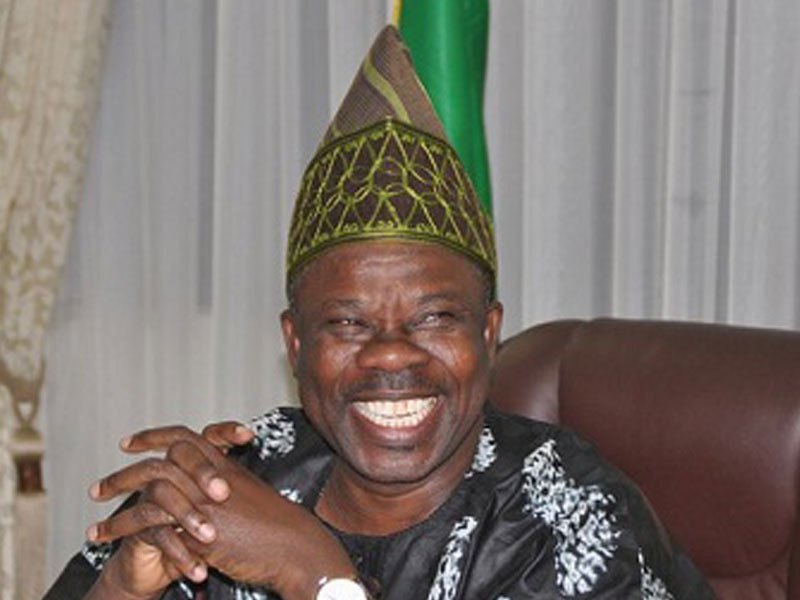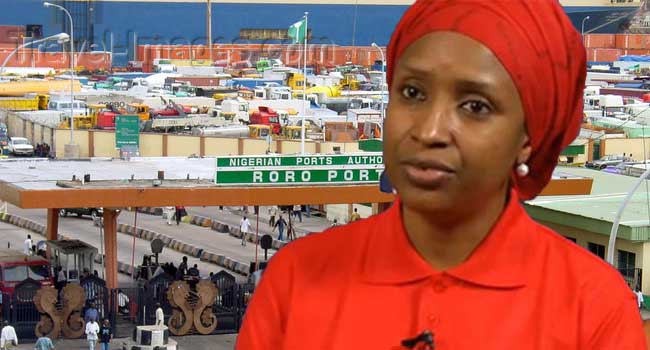The World Bank has blamed Nigeria’s continued foreign exchange instability on the fixed exchange regime in the official forex market.
In a publication on African economies titled: ‘Africa’s Pulse,’ the World Bank singled out Nigeria and Angola as two countries that had yet to experience stability in the forex market despite rebound in the prices of commodities being exported.
The report stated, “The rebound in commodity prices and improved growth prospects in some countries have helped stabilise commodity exporters’ currencies.
“However, with the Nigerian naira and Angolan kwanza remaining fixed against the US dollar, the imbalance in the foreign exchange market remains substantial in both countries.”
The report also mentioned Nigeria as one of the countries in the region where there were substantial risks in the banking sector due to a number of factors, including non-performing loans and policy uncertainties.
The World Bank said, “Banking sector vulnerabilities remain elevated in the region, including in Angola, CEMAC countries, the Democratic Republic of Congo and Nigeria. Foreign exchange restrictions, policy uncertainty and weak growth have affected the soundness of the banking sector.
“Non-performing loans have increased, and profitability and capital buffers have decreased. Several proactive measures have been introduced to contain risks to financial stability, including through increased provisioning and by intensifying monitoring and supervision of banks.”
On inflation, the report stated that although inflation remained very high in the region, it had started to ease but singled out Nigeria and Angola as two countries where inflation was rising as a result of depreciation of currencies in the parallel exchange market.
The report added, “Inflation in the region is gradually decelerating from its high level in 2016 but remains elevated. Although a process of disinflation has started in Angola and Nigeria, inflation in both countries remains high, driven by a highly depreciated parallel market rate.
“Inflation eased in metals exporters, because of greater currency stability and lower food prices due to improved weather conditions.”
The National Bureau of Statistics, however, reported that inflation in the country had continued to increase until it reached a peak in January.
According to the NBS, the inflation rate reduced from 18.72 per cent in January to 17.78 per cent in February. By March, it further went down to 17.26 per cent. The inflationary figure for April has yet to be released by the bureau.



